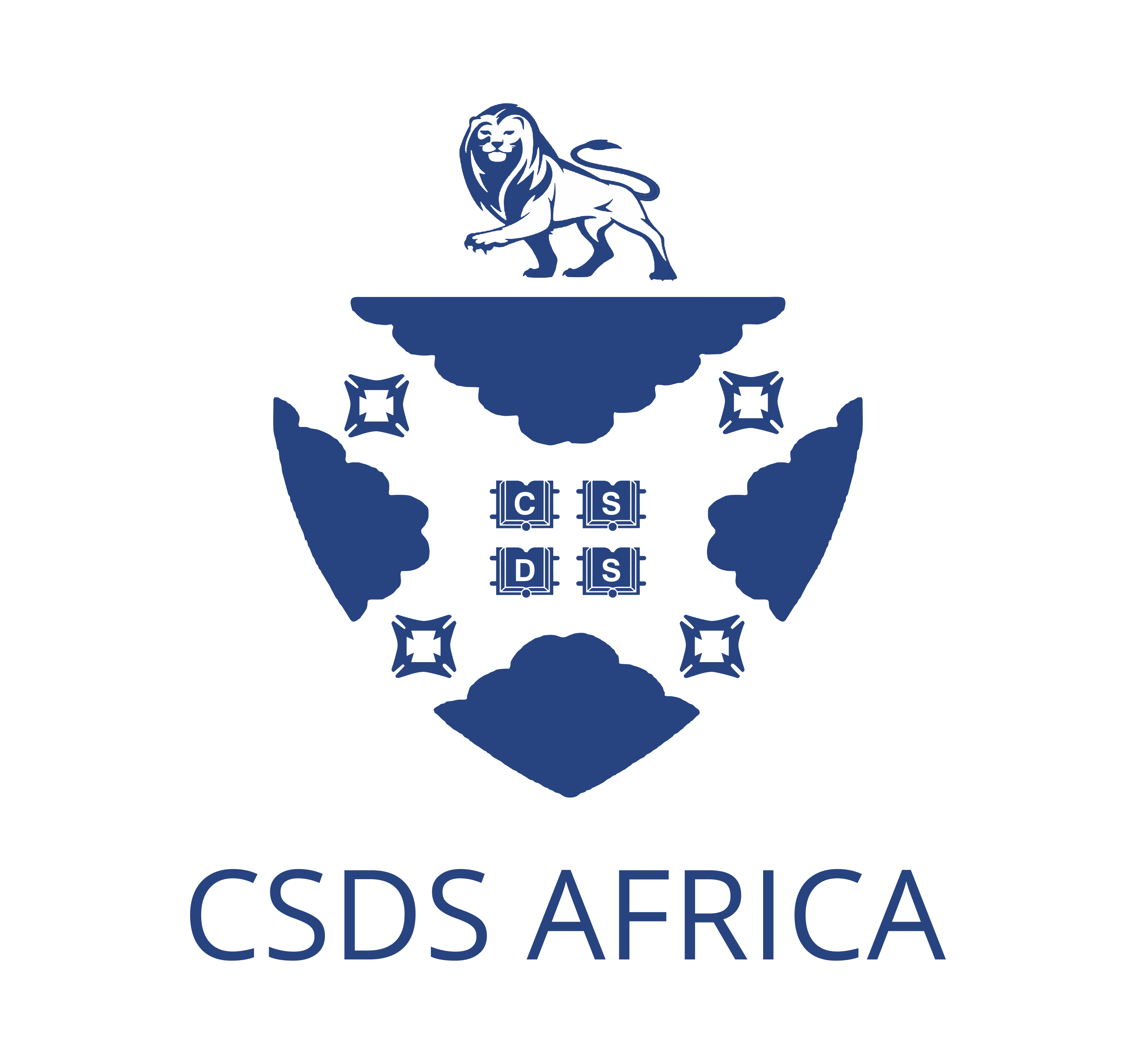NAMIBIA RISK REPORT
Security travel advice for Namibia
SECURITY INFORMATION
Threat level: Low-Medium
Most travellers enjoy their trip to Namibia and rarely run into any issues. The country has a low terror threat and is welcoming to foreign nationals. There is some crime but it is not seriously high or a cause for concern. The capital city Windhoek is one area to be cautious in as there have been some isolated cases in which some foreign travellers have been attacked in recent years. Correct safety procedures and exercising a high level of vigilance should reduce this risk.
Recent security events
Recent events have seen some reports of cars being hijacked as they waited in traffic jams on Windhoek’s busy and congested highways. In a few cases, hijackers have used firearms to add an increased threat. It is thought that foreign nationals are presented as high priority targets as thieves perceive them as being wealthier and more likely to be carrying money/valuables. It is advised that you keep your car doors locked and windows shut, especially in heavy traffic and avoid travelling after dark.
Security risks
The only real security risk in Namibia is petty crime. Be cautious in tourist areas as pick pockets have been known to operate in the Caprivi Strip and the towns surrounding the Etosha National Park. Basic security precautions will help to ensure a risk free trip, avoid carrying large sums of cash and do not wear expensive jewellery on display.
Theft from cars is also common, particularly in Windhoek. You should only leave cars in secure car parks at night time, and do not have valuable items on display. There is also some risk of cars being broken into in rural areas as well.
International relations
Namibia’s economy is tied closely to South Africa’s, this has helped the country produce a highly developed banking sector with modern infrastructure. South African and Namibia’s relationship is very strong on both diplomatic and economic levels. Namibia is a well-established member of both the United Nations and the African Union, as well as being part of the Commonwealth Republic since 1990.
Travel considerations
You can drive in Namibia with a UK, U.S. and most EU driving licenses, however it is important to keep your license on you at all times while driving. The roads in urban areas are mostly good quality. During the rainy season which runs from January to April, rural roads can become impassable so take this into consideration before travel.
Avoid travel at night if possible as people and animals often walk in the middle of the roads.
GENERAL INFORMATION
Official languages: English
Religion: Islam and Christianity
Currency: Namibian Dollar and South African Rand
Visa requirements
To enter Namibia, a passport valid for six months from date of entry with one blank page is required. Foreign nationals from the UK, EU, USA, Canada and Australia do not require a visa for tourist purposes, but will have to provide evidence of a return journey.
Immunisations
It is advised that visitors to the Namibia are up-to-date with primary boosters such as MMR. You should ensure that you have been further vaccinated against diseases such as Tetanus, which is usually administered when you are a young baby. You may also want to consider Typhoid and Hepatitis A vaccinations.
Although there is no direct risk of Yellow Fever in Namibia, if you have been in a country where there is a risk of the disease you will be required to provide a vaccination certificate. Check with your local health professional prior to travel if you are unsure.
Other health risks
There are good medical facilities in Windhoek but some of the medical facilities in the rural areas are poor quality so be sure to have adequate travel health insurance in case you need to be evacuated in a medical emergency.
Cholera and Malaria are both known to occur in Namibia, it is advised that you take all possible precautions to prevent contraction including the use of mosquito nets.
CONSULAR INFORMATION
U.S. Embassy Algiers
14 Lossen Street,
Windhoek,
Namibia
Telephone: +264 61 2958500
Email: consularwindho@state.gov
British High Commission Windhoek
116 Robert Mugabe Ave
P.O. Box 22202,
Windhoek,
Namibia
Telephone: +264 61 274800
Email: general.windhoek@fco.gov.uk



